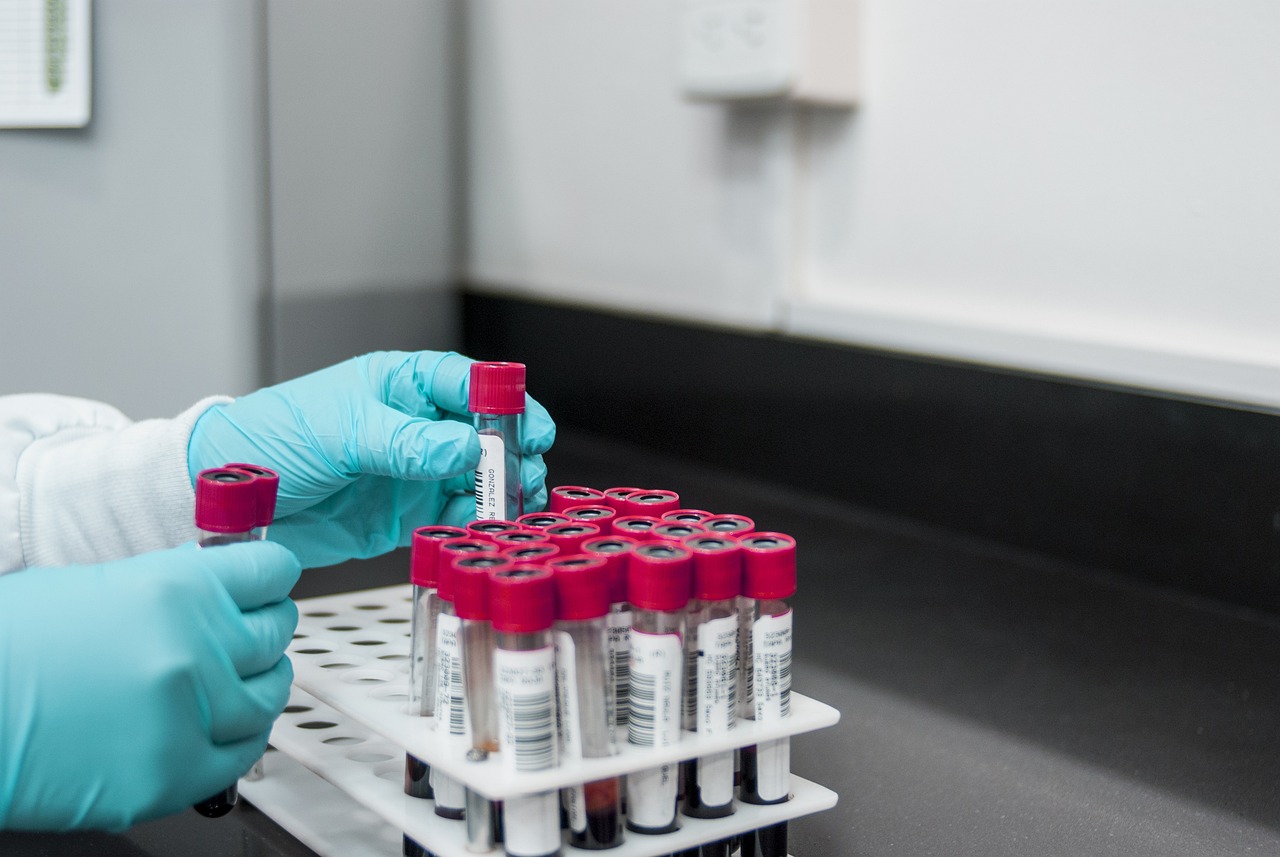Romanian researchers have made significant progress in developing artificial blood, with recent tests showing encouraging outcomes. This breakthrough could pave the way for a revolutionary solution to blood shortages in medical treatments and emergencies.
The research team, based at a leading Romanian university, has been working on creating a synthetic alternative to natural blood for years. Their recent trials have yielded positive results, with the artificial blood successfully mimicking the functions of human blood in laboratory settings. The development of such a product could have a profound impact on healthcare, providing a vital resource for surgeries, trauma cases, and patients with chronic conditions requiring transfusions.
The artificial blood is designed to replicate the oxygen-carrying capacity of human blood, a critical function for sustaining life. Early tests have shown that the synthetic substitute can perform this role effectively, raising hopes that it could one day be used in clinical settings. However, further trials and refinements are needed before it can be approved for widespread medical use.
Researchers are optimistic about the potential benefits of artificial blood, particularly in addressing the global challenge of blood supply shortages. Traditional blood donations are often insufficient to meet demand, especially in emergency situations. The development of a reliable artificial alternative could reduce the reliance on human donors and improve the availability of blood for life-saving procedures.
The team is continuing its work, focusing on enhancing the stability and safety of the artificial blood. If successful, this innovation could be a game-changer in medicine, providing a steady and safe supply of blood for hospitals and medical centers worldwide.
The project has garnered attention from the international scientific community, with hopes that Romania’s advancements in this field will contribute to solving a critical global healthcare issue.
